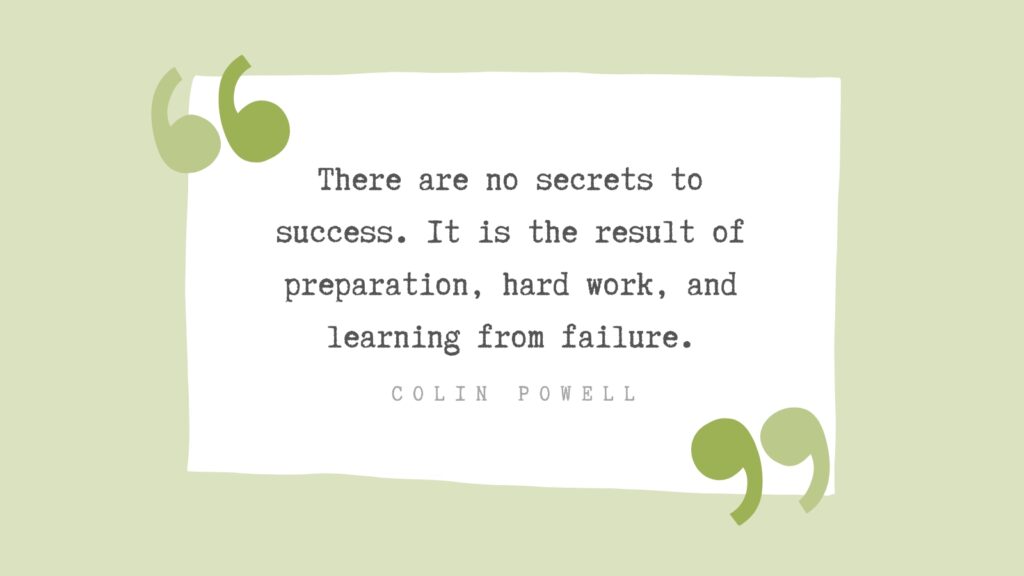At some point in your life, you’ve probably set a goal. If you’re lucky, you achieved it. If you didn’t, you’re not alone: The world is littered with failed New Year’s resolutions, for example.
Those failures highlight a problem with the practice of goal-setting: When you fall short of an objective, the disappointment can send you spiraling in a troublesome way, research shows. Even setting a goal in the first place can limit you, according to Wharton organizational psychologist Adam Grant.
“Sometimes when you set a goal, it creates tunnel vision and it blinds you to alternative goals,” Grant said on a recent episode of his “ReThinking” podcast.
Figures like billionaire Chobani CEO Hamdi Ulukaya and bestselling author James Clear have expressed similar thoughts about goals-first mindsets. People who set goals and stubbornly stick to them are “not seeing the dimension of possibilities,” Ulukaya said on Grant’s podcast in July.
Of course, some parts of goal setting are highly valuable. You need to challenge yourself, and you need to have ambition. These two alternatives can help you find a healthy balance, experts say:
Use the ‘power of subtraction’
Climber and philosopher Francis Sanzaro swears by “the power of subtraction.”
Sanzaro, who detailed the concept in a New York Times op-ed last week, says he functions best when he can minimize mental interference as much as possible. Setting goals and thinking about self-optimization tactics can clutter your mind, unintentionally distracting you from the task at hand, he tells CNBC Make It.
In other words, by focusing too much on your end goal, you could hinder the quality of your performance, miss your target and forget to appreciate the work you put in along the way.
Instead, Sanzaro says he tries to clear his mind, “subtracting” all thoughts unrelated to his immediate next step. Research backs this approach: In a 2011 study, for example, participants focused on the process of eating healthily were more likely to lose weight than people who prioritized the end goal of getting slimmer.
Single-tasking is most effective if you practice it repeatedly across multiple parts of your life, Sanzaro says. Doing so can help you hone your ability to quickly identify and tune out distracting thoughts — because without practice, it isn’t easy.
“The mind simply cannot rewire itself that quickly,” says Sanzaro. “If you wait until the morning of and try some little mindset trick to get you into the ‘right’ state of mind, you will, in the end, just create internal resentment.”
Pursue ‘excellence,’ not specific goals
In an April TED Talk — fittingly titled “Why you should stop setting goals (yes, really)” — Emmanuel Acho discussed the damage that goal-setting did to his life.
Acho, 32, is an ex-NFL linebacker and two-time Emmy-winning television personality. As a junior at the University of Texas, Acho received a letter from the National Football League saying that he wasn’t projected as a Day 1 draft pick. He decided to prove the league wrong.
“I took that sheet of paper, put it above my bed and every day I woke up, I looked at [it],” said Acho. “I committed that goal to memory.”
A year later, Acho was drafted in the sixth round, near the end, by the Cleveland Browns. Falling short of his goal after a year of obsession ruined his self-esteem and hindered his on-field performance, he said.
From that point on, he stopped setting goals and started pursuing a “limitless” objective of “excellence,” he said. The main difference: goals were specific, whereas limitless excellence demanded open-mindedness.
In 2015, Acho was offered a television job that would’ve meant retiring from football, he said. The old Acho might have ignored it, staying committed to his in-progress football goals. Instead, he took the job, because an excellent opportunity was worth disrupting the plans he’d previously made.
“What I think is so exciting about that philosophy is it really pushes us to redefine success,” Grant told Acho on his podcast last year. “I find that so many of the people that I work with define success as achieving their goals, and I always want to push back and say, ‘No, success is living your values.’”
This article was written by Ece Yildirim who is a digital rotational program associate covering work and leadership at CNBC Make It.
